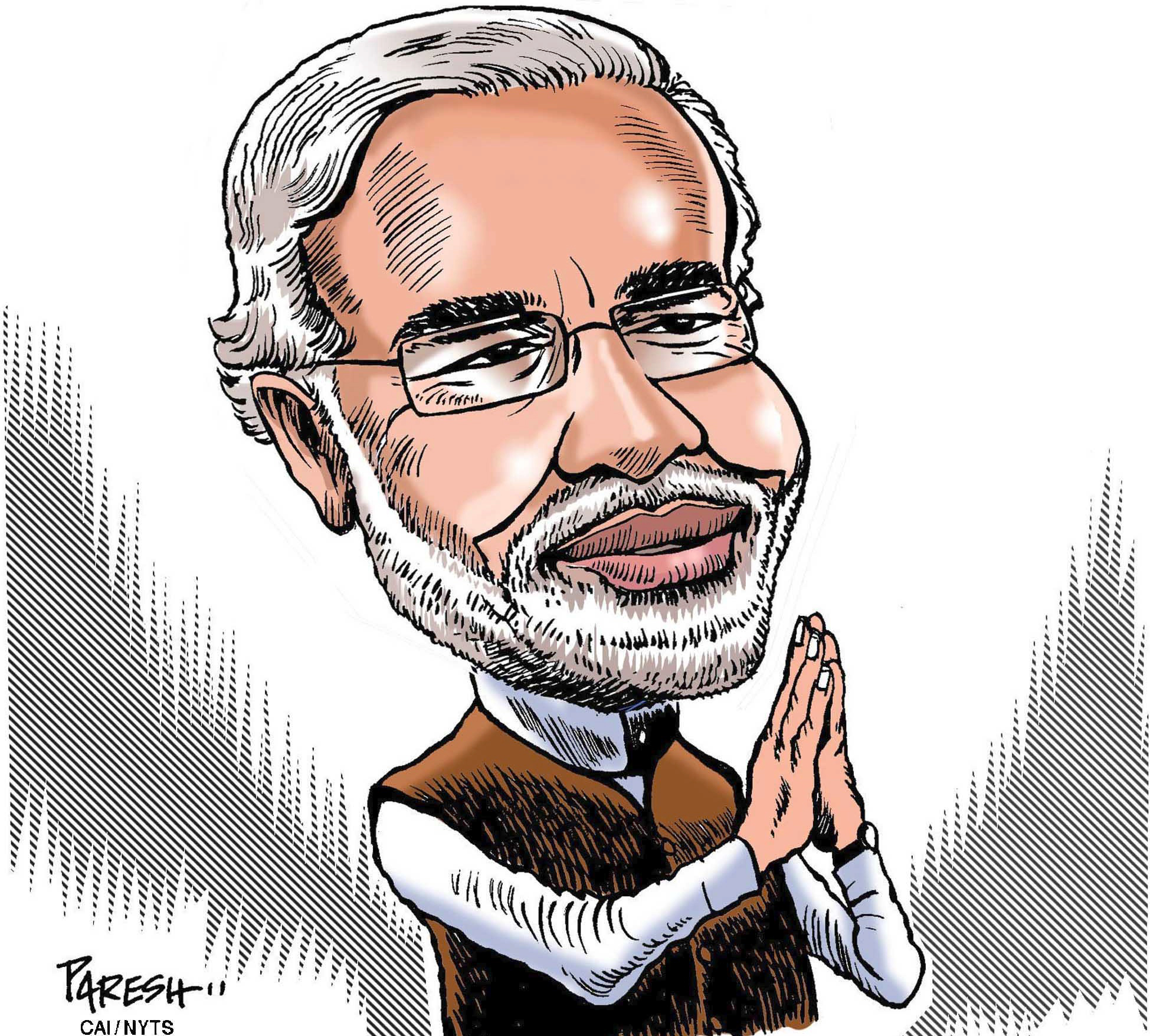Reprising his campaign theme from the 2014 general election in a pitch to business executives during his recent U.S. visit, Indian Prime Minister Narendra Modi boasted that 7,000 reforms had made India a place of "minimum government and maximum governance." Yet in the World Bank's 2017 report on the ease of doing business, India ranked a dismal 130 out of 190 countries in the world. Three years into his five-year term, it is more accurate to describe Modi's record as "maximum talk and boast, minimum action and results."
Last Sept. 29, Modi ordered "surgical strikes" across the line of control into Pakistan-controlled Kashmir by the Indian Army and boasted that several infiltration launch pads had been destroyed. Similar raids had been conducted by previous governments without the fanfare of publicity. Any criticism of the publicity, which elevated the escalation risk, was held to be an anti-national attack on the army. Modi and other ministers have continued to strut their "cojones" in ordering the strikes.
Modi borrowed the language on Nov. 8 to order a "surgical strike" on black money, removing from legal tender the two highest denomination 500- and 1,000-rupee notes that accounted for 86 percent of India's currency stock. Demonetization showed Modi confuses impetuous and headstrong for bold and decisive leadership.



















With your current subscription plan you can comment on stories. However, before writing your first comment, please create a display name in the Profile section of your subscriber account page.